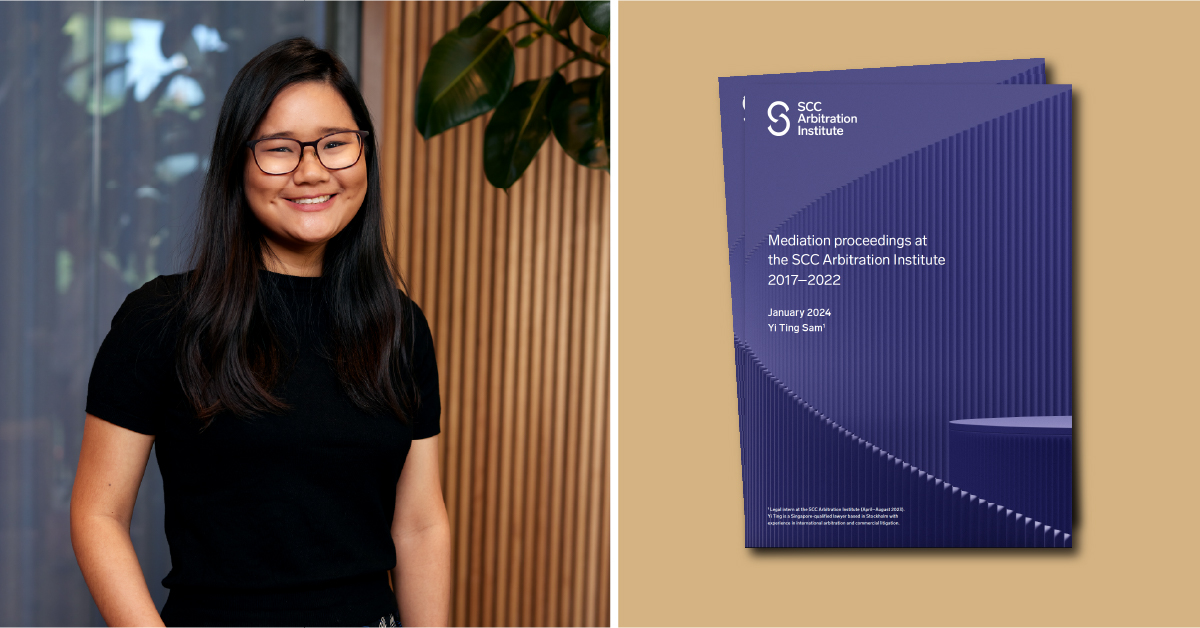SCC Practice Note: Mediation Proceedings 2017–2022
SCC intern Yi Ting Sam has written a practice note regarding mediation at the SCC. The practice note discusses developments in this area from 2017 to 2022, and analyses the revisions made to the SCC Mediation Rules which entered into force on 1 January 2023.
Published

Mediation is one of the types of dispute resolution services offered at the SCC. In a mediation, a Mediator, a neutral third party, helps the disputing parties to reach an amicable settlement through a negotiation. Unlike most other forms of dispute resolution, mediation does not involve a determination of the merits of the case. Instead, mediation focuses on bringing parties together to agree on mutually satisfactory settlement terms, addressing their underlying interests. This is ideal for parties that wish to preserve their relationship. The partieswill also retain greater control over the outcome of their dispute and will avoid the inherent risks and uncertainties of litigation or arbitration.
Mediation has been offered at the SCC since 1999. On 1 January 2023, material changes were made to the SCC Mediation Rules (which had not been revised since 2014). In summary, the key substantive changes:
(a) strengthening the confidentiality of mediation proceedings;
(b) recognising the consensual nature of mediation proceedings;
(c) greater transparency regarding the appointment of Mediators;
(d) safeguarding the impartiality and independence of Mediators;
(e) refining the mediation process; and (f) clarifying the fees and costs of mediation.
As a whole, the changes to the SCC Mediation Rules strengthen the mediation process administered by the SCC which provides an avenue for parties to resolve their disputes in a fast, flexible, and confidential manner.